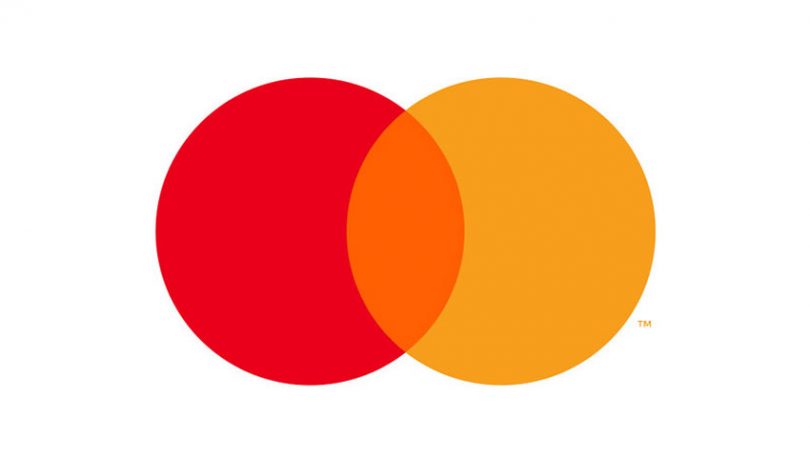On the 2nd August, Mastercard announced it is launching a blockchain-based traceability solution for high-end clothing. On the same day, the firm posted job listings for a Director in blockchain solutions, and a Director and VP of blockchain/cryptocurrency product management.
Proving Provenance
The anti-counterfeit measure has been developed with retailer Fred Segal and event management company IMG to increase confidence in the authenticity of clothing.
IMG’s creative platform, MADE, will help to procure three limited edition clothing collections by women designers. The first, from high-end brand Rodarte, will ship with Mastercard’s blockchain-based provenance solution.
“Leveraging innovative technology solutions, we are able to tell the stories of the products consumers are buying,” said the Executive VP of Digital Partnerships at Mastercard, Sherri Haymond.
The President of Fred Segal, John Frierson, agreed: “Fred Segal is a forward thinking retailer so we’re always aiming to empower and inform our customers with cutting edge technology. Through this unique partnership with Mastercard and MADE, we’re excited to offer an innovative retail experience kicking off with Rodarte, one of our favorite West Coast brands.”
Friday’s announcement cites a report estimating that $323 billion was lost in 2017 due to counterfeiting. This particularly affects luxury fashion brands as fakes are getting more and more convincing. Consumers are hence becoming less confident in retailers selling branded products.
Mastercard’s solution deploys a blockchain-based traceability system to provide trustworthy origin data to the customer. In-person, they can scan a QR code on the product’s tag to see its journey from manufacturer to store. If ordering online, through Fred Segal, they can verify its authenticity by scanning the code once the item arrives.
Using blockchain for anti-counterfeiting is not an entirely new idea and crosses many industries. In a similar vein to Mastercard and Rodarte, Louis Vuitton’s holding firm partnered with ConsenSys and Microsoft for a blockchain provenance platform.
Startup ScanTrust also uses QR codes in a more general traceability solution, on Hyperledger’s Sawtooth platform. IBM and tech manufacturer Seagate have partnered for a blockchain verification project for hard disks. Meanwhile, high profile medical consortium Mediledger launched its drug authenticity blockchain last month.
Blockchain Expertise Wanted
In other news, the payments firm listed the three new blockchain roles on Friday. The two Director-level postings ask for a “go-to” person for blockchain and cryptocurrencies for education, thought leadership, and technical product knowledge.”
Meanwhile, the VP of Blockchain Digital Currency Product Management “will help define the overall strategy”. The strategy of what, exactly, is unclear. Considering the pointers combining crypto and regular payments, however, it could be Mastercard’s involvement with Libra, Facebook’s controversial cryptocurrency.
The Libra project aims to bridge the gap between traditional money transfer and blockchain-based currency. Facebook’s consortium of firms is set to collaborate on building a fast and easy payment system and launch a new cryptocurrency. There will be multiple wallet providers. Calibra will be Facebook’s wallet, but perhaps Mastercard is planning to have its own one.
These aims are all set out in the job descriptions of Mastercard’s listings. Whether these refer to the Libra project, and whether it will go ahead as planned, remains to be seen.






